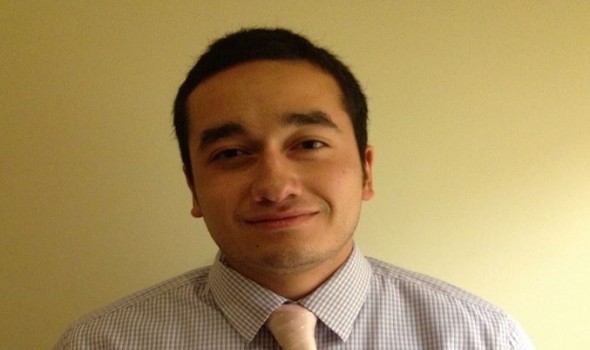Aaron's Story
Aaron's Story

Coming from the States to study in London, I envisioned myself being immersed in a multicultural society where people are tolerant and understanding of a large migrant population. While I discovered this to be true to an extent, I came to the realisation that some in London and the rest of the UK hold negative and at times outright racist attitudes towards migration. I was shocked to discover that these views carried on to Westminster Palace, and even shaped immigration policy for the government. To my concern, I saw these attitudes and policies play out in the media. News outlets reported on ‘Housing Benefit Bans for jobless migrants’, and newspapers like The Daily Mail filled public forums with anti-migrant sentiment and inaccurate, exaggerated information. Upon first experiencing this, I questioned what I had gotten into – What has become of the cosmopolitan city and country I envisioned? How has migration become so vilified? Where have the basic sentiments for human rights gone?
These were not questions I could easily answer, and I think a large part of that was due to my lack of knowledge of the migration issue in the UK and the history behind it. During my time in London I did an internship with Migrant Voice. I went into the organisation knowing virtually nothing about the immigration debate or the rhetoric behind it in the UK. I had never been a migrant myself, so it was also difficult to relate to how migrants may feel coming to a new world and experiencing a vast culture shock. Over the course of my three months in London, my knowledge grew exponentially, something I attribute both to the projects I worked on and the people I met. My work allowed me to read countless articles on the migration subject; from trivial ones involving nannies and resignations, to sad and even scary ones dealing with deportation and death. Perhaps the most sombre stories I came across dealt with immigrants dying in immigration centres, places that essentially serve as a limbo for migrants, where many are held indefinitely and neglected by the rest of society. Stories like these made me aware of just how broken the immigration system is in the UK.
Even so, my experience as a first-time migrant learning about migration was not always negative. I was given the amazing opportunity to speak to and interview immigrants from all around the world. One of the first interviews I conducted was with an Iranian man, who recounted his shocking story as an asylum seeker coming into the UK. What struck me most about this meeting was how positive the man continued to be even after all he had been through. He expressed his love for London and its people, and praised the city for its wide-ranged diversity. Needless to say, this put things into perspective for me. Another interviewee I spoke with was responsible for founding an organisation dedicated to playing traditional Turkish folk music. The goal of this group was to promote the folk music within the UK and to teach other cultures how to play it. I enjoyed both the emphasis on heritage and the inclusion of other, non-Turkish migrants. Whether migrants are seeking to inspire others like them to be a part of a new society here in the UK, or if they are looking to spread their unique backgrounds, one thing is certain: all migrants come looking for a new experience, for a new opportunity, and these are things that should never be denied to them.
I could confidently say that as my time in London drew to a close, I felt proud to count myself among these migrants. Going back to the States carried with me memories of London, both good and bad. I learnt to carry on from the bad and build on the good, and doing so allowed me to contribute, at least in some way, towards positively influencing the debate on migration. The work is far from over, but one day people will realise that migration is a true, inherent human right that can never be taken away.
Aaron was born in Hartford, Connecticut U.S. and grew up in Windsor, CT. He is a graduate of the University of Connecticut in Storrs, CT, studied in London for four months and volunteered for Migrant Voice in that time.


